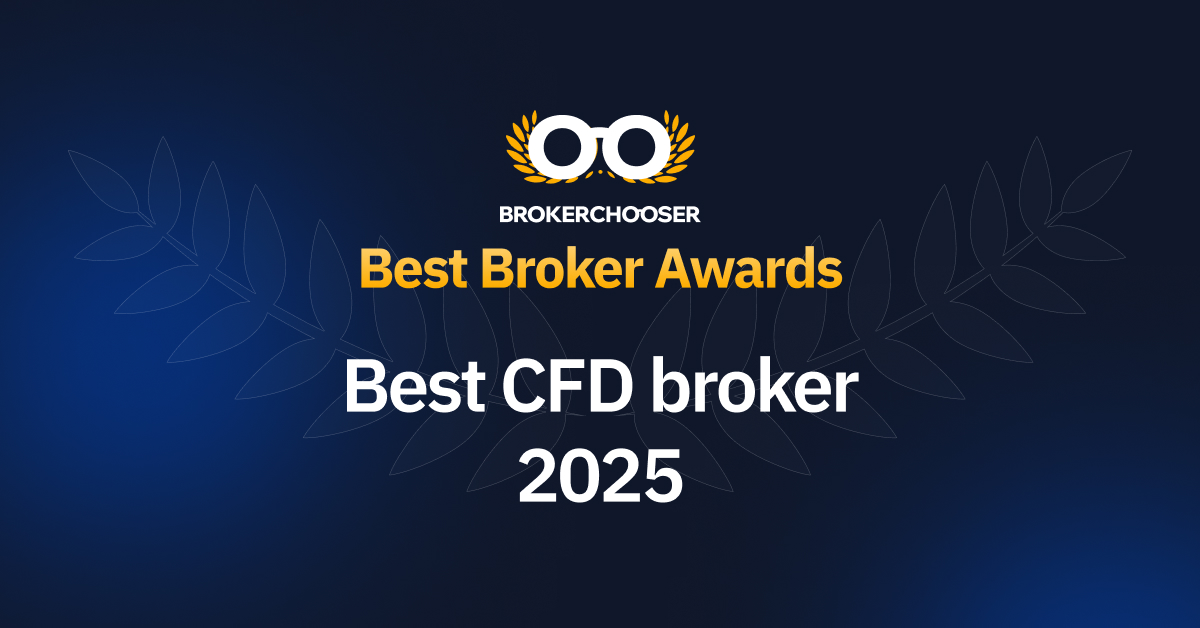
Best CFD Trading Regulations: A Comprehensive Guide
The world of Contract for Difference (CFD) trading has grown exponentially over the past few years. As more traders engage in this exciting but risky venture, regulations have become increasingly important. In this article, we will explore the best CFD trading regulations worldwide and how they protect traders. For a deeper understanding of CFD brokers, you can check out best cfd trading regulations https://bestbrokercfd.com/cfd-brokers/exness/.
Understanding CFD Trading
CFD trading allows traders to speculate on the price movements of various assets, including stocks, commodities, and indices, without actually owning the underlying asset. This means traders can profit from both rising and falling markets. However, the leverage involved in CFD trading can also amplify losses, making a solid understanding of regulations imperative for traders seeking to mitigate risks.
Why Regulations Matter
Regulations in the financial markets serve several essential purposes:
- Investor Protection: Regulations help to safeguard traders‘ funds, ensuring they are not misused or mishandled by brokers.
- Market Integrity: Regulations promote a fair and transparent trading environment, preventing fraud, manipulation, and unfair practices.
- Trust: A regulated environment fosters trust, allowing traders to engage confidently in their trading activities.
Top Regulatory Authorities for CFD Trading
Different countries have established regulatory bodies that enforce rules and guidelines to ensure fair trading practices. Here are some of the leading regulatory authorities in the CFD trading space:
1. Financial Conduct Authority (FCA) – United Kingdom
The FCA is one of the most respected regulatory agencies in the world. It oversees financial firms and markets in the UK, ensuring that they adhere to strict standards of practice. The FCA has implemented measures to protect traders from excessive leverage, mandating a maximum leverage of 30:1 on major currency pairs for retail traders. Additionally, it requires brokers to segregate clients‘ funds, meaning that traders‘ money is kept separate from the broker’s operational funds.
2. European Securities and Markets Authority (ESMA) – European Union

ESMA has introduced various regulations to enhance investor protection across EU member states. Similar to the FCA, ESMA has limited leverage for retail CFD traders to 30:1. It also imposes strict rules on advertising, ensuring that brokers provide clear information about the risks involved in CFD trading.
3. Australian Securities and Investments Commission (ASIC) – Australia
ASIC is responsible for regulating financial services and enforcing laws to protect consumers in Australia. In recent years, it has placed tighter restrictions on CFD trading, including limiting leverage to 30:1 for retail clients. ASIC also requires brokers to maintain capital adequacy, ensuring they can meet their financial obligations to clients.
4. Cyprus Securities and Exchange Commission (CySEC) – Cyprus
As a member of the European Union, CySEC operates within the framework established by ESMA. Brokerages licensed by CySEC must adhere to strict capital requirements and provide robust protections for clients. The regulatory environment in Cyprus is often seen as a gateway for many international brokers aiming to operate within Europe.
5. Monetary Authority of Singapore (MAS) – Singapore
MAS is the primary regulatory body overseeing financial institutions in Singapore. It has established a comprehensive regulatory framework that requires brokers to be licensed, thereby ensuring they operate transparently and ethically. MAS also emphasizes protecting clients‘ interests, enhancing confidence among traders.
Impacts of Regulations on Traders
The influence of regulations can significantly impact how traders operate within the CFD market. Here are some of the key benefits that regulations provide to traders:
- Increased Safety: With funds segregated and strict requirements for capital adequacy, traders can feel more secure about their investments.
- Access to Fair Practices: Traders benefit from an environment where unethical practices are minimized, helping to level the playing field.
- Transparent Information: Regulations often require brokers to provide clear information on fees and risks, which empowers traders to make informed decisions.
Choosing a Regulated Broker
When selecting a CFD broker, it is crucial to ensure that they are regulated by a reputable authority. This can usually be verified by checking the broker’s website or regulatory disclosure. Here are some tips for choosing a regulated broker:
- Verify Regulatory Compliance: Always check whether the broker is registered with appropriate regulatory authorities.
- Read Reviews: Look for genuine user reviews and feedback on the broker’s performance, reliability, and compliance.
- Consider the Trading Platform: Ensure that the broker offers a robust trading platform with the necessary tools for analysis and trading.
- Assess Customer Support: Reliable customer support is essential for promptly resolving any issues that might arise.
Conclusion
In the dynamic world of CFD trading, having a strong grasp of regulations can be the difference between success and failure. The best CFD trading regulations serve to protect traders and promote fair practices in the marketplace. By choosing a regulated broker and understanding your rights as a trader, you can navigate the complexities of CFD trading with more confidence and security. Always remember, informed trading is safe trading.


